Social Anxiety Disorder
Social Anxiety Disorder is one of the most common presentations of anxiety, though it’s frequently misunderstood. Many people assume that Social Anxiety Disorder is simply a more extreme version of shyness or introversion, but it’s a bit more complicated than that. While some folks with social anxiety may indeed be shy or introverted, there are many people with this problem who are outgoing and crave social interaction.
Social Anxiety typically involves a fear of judgment or making mistakes in social situations. Sufferers often experience self-consciousness and hypervigilance in social situations and they may opt to avoid interpersonal experiences as a result. They may also feel anticipation before social interactions or rumination/mental review afterwards. Not every social situation will evoke the same amount of anxiety. Individuals with social anxiety may feel comfortable with close family and friends, but feel more triggered in groups or with individuals where they feel less connected. Everyone is different — some folks might feel the most anxious in small, intimate gatherings, while others may be triggered in larger groups or parties. There is no one-size-fits-all when it comes to social anxiety, as each person’s unique triggers and associations will affect how and when they experience anxiety.
While everyone experiences some nervousness from time to time, Social Anxiety Disorder can have a profound impact on quality of life. It can interfere with forming deeper, more meaningful connections and relationships. It can also prevent individuals from seeking out opportunities, limiting professional and personal growth.
Cognitive Behavioral Therapy (CBT) can be helpful for Social Anxiety Disorder. It can help you to learn more adaptive strategies for managing unhelpful thinking, allowing you to engage social situations and expanding your capacity to manage distress.
Social Anxiety Resources:
